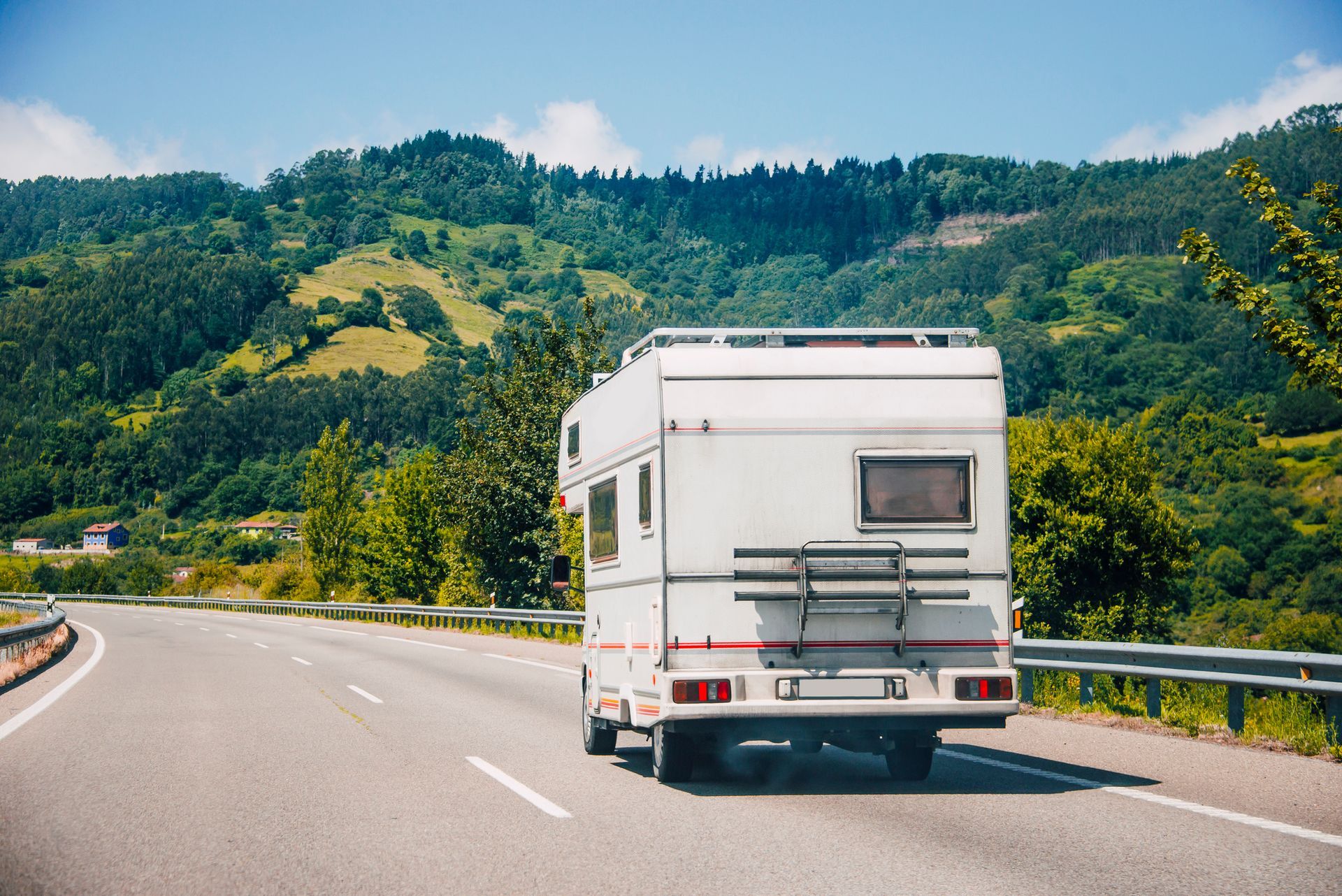
Whether you've just purchased your first motor home or you're a seasoned RVer, you should ensure your investment is fire-proof. You probably know how to take a lot of common-sense precautions when fire-proofing your RV, but here are five tips that are easy to follow and will bring you peace of mind before hitting the highway.
Change and Properly Dispose of Batteries
A lot of people aren't aware of the dangers in something so seemingly innocent, but batteries can pose a fire hazard if they don't get the right attention. Start by changing any battery-powered appliances in your RV once a year. This includes smoke/propane/carbon monoxide detectors, flashlights, portable radios, etc.
Batteries can also spark a fire if the terminals touch or they come in contact with metal. So when you remove the batteries, place electrical tape over the terminals and remove them from your RV right away, and put them in a secure place to be recycled. Also be sure to keep any unused batteries in their original container until ready for use. Since recycling batteries in California is mandatory, you should take care of this before hitting the road. This will prevent you from having to find a recycling center while you're RVing.
Maintain the Tires and Wheel Bearings
As you know, tires get hot from friction on the road. But what you might not know is that tires canoverheat to the point that they catch on fire. You can avoid this hazard by ensuring your tires have proper inflation, but there's one other component that can become a fire hazard: the wheel bearings. If they fail, they can overheat and cause the tire to catch on fire.
Make sure to have your tires and wheel bearing inspected before taking a trip. Also, consider investing in an infrared temperature gun. By using it regularly, you can get an idea of what the norm is so you'll know exactly when your tires are too hot.
Routinely Inspect Your Refrigerator
Refrigerator fires are one of the most common types of fire hazards in an RV, especially if you have a refrigerator that runs on gas. But these fires also easy to prevent when you know what the hazards are. Before heading out for your travels, remove the access panel on the outside of the RV and run a quick visual inspection. Look for rodents that might be nesting, loose wires, dirt and debris, and any evidence that overheating has occurred.
Next, you'll need to decide whether you're comfortable traveling with the propane on to keep contents in the fridge cool. If your RV is set up to battery-power your fridge, this is definitely a safer option. But many long-time RVers are adamant that traveling with the propane on is perfectly fine. Keep in mind the gas must be shut off at service stations and while traveling through restricted tunnels and over bridges.
The good news is that your food will stay reasonably cool for up to five hours. So if you're only traveling short periods every day, there's no need for the propane at all until you stop for the night.
Maintain Your Electrical System
Electrical outlets are limited in RVs, which can certainly pose some challenges. But by taking the following precautions, your risk of fire is greatly reduced:
- Avoid overloading outlets with too many appliances, particularly ones that draw a lot of energy.
- Avoid extension cords. If absolutely necessary, stick with one that's heavy duty, and don't run them under rugs.
- Routinely check for loose electrical connections AFTER disconnecting any battery connections and your RV from shore power. If anything seems amiss or loose, hire an electrician who works on RVs to fix the problems.
- Invest in an RV surge protector that will immediately shut off the power if dangerous surges occur.
- Perform random "touch" tests to ensure the outlets aren't overheating.
If you're one to max out your outlets, you might also consider having an electrical box installed-one that's heavy duty to support your appliance usage. This is a great way to improve your RV's electrical system.
Invest in Fire Extinguishers
Fire extinguishers are a must for every RV, and you have several types to choose from. However, the best is probably a dry chemical extinguisher since they're rated for most any type of fire. The main caveat is that some of the agents can become corrosive over time. So it's important to clean up the mess as soon as possible once the fire is extinguished.
If you have any questions about fire-proofing your RV, contact one of our team members at RV Service Center of Santa Cruz.

